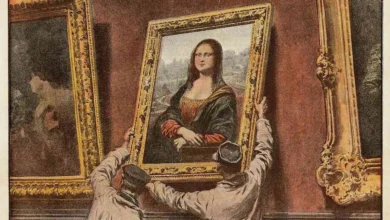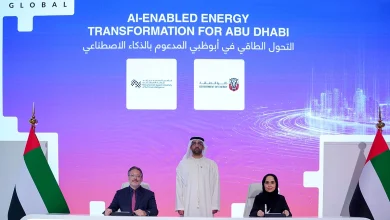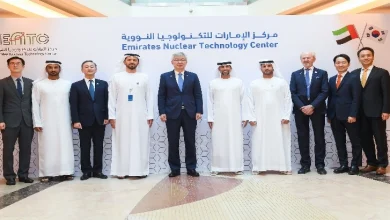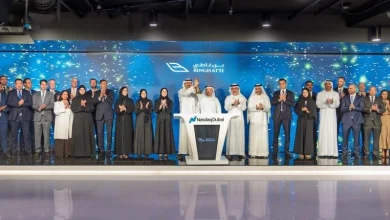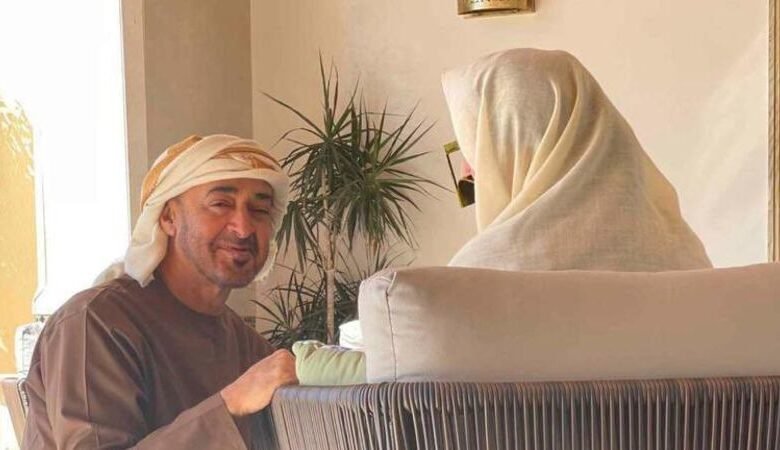
From the sun-drenched courtyards of Katsina to the shining skyscrapers of Abu Dhabi, two extraordinary women prove to everyone that power shows itself both in quiet whispers and in dazzling spotlights. Both have unique ways of creating significant change.
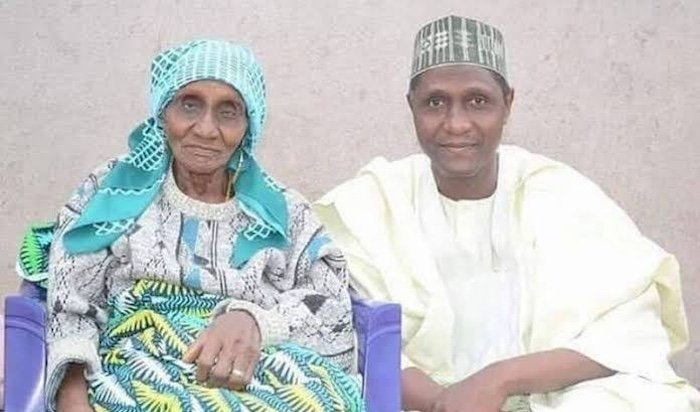
Katsina: Strength in the Courtyard
The Yar’Adua family home in Katsina does not show off with lavish designs or fancy decorations. Instead, it reflects quiet strength in everyday moments. The call to prayer echoes across the sandy courtyards. Visitors in traditional clothing wait to be welcomed inside. Wisdom carried through the ages, is shared in low steady voices.
When leaders and officials sought her advice, Hajia Dada was not found sitting behind a big fancy desk or surrounded by symbols of power. They saw her sitting on a simple cushion immersed in the serene and sacred flow of family routines. She gave them her full attention, her calm and focused eyes cutting through pretenses. Often, her silence carried more weight than words ever could.
One prominent guest impacted by her demeanor later shared: “She never needed to shout or make dramatic moves. She just said, ‘Leadership means serving others. Forget this basic truth, and you risk losing it all.’ Those spoken words transformed how I thought about leading others.”
She chose her words speaking a few, but each one held deep meaning rooted in wisdom and tradition. In a country where political ambition often surged like a fierce storm, Hajia Dada had a quiet but steadying influence. Her calm guidance was like a soft voice cutting through the chaos reminding leaders of their ethical responsibilities.
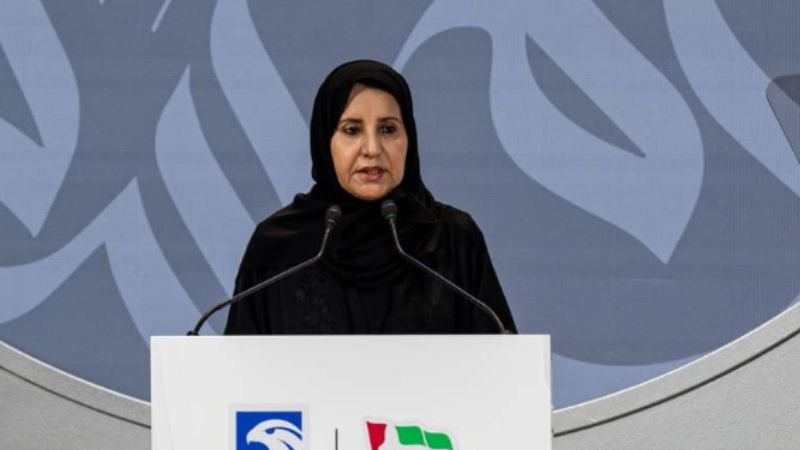
Abu Dhabi: Power Takes Center Stage
The scene in Abu Dhabi couldn’t be more different. Towering glass skyscrapers dominate the desert horizon showing off a country that has achieved rapid progress and modern development. Amidst these grand structures of authority and innovation, Her Highness Sheikha Fatima bint Mubarak leads with a clear presence and deliberate effect.
At a major United Nations gathering in New York, the hall was packed with world leaders, diplomats, and passionate activists, all brimming with excitement. The announcement came loud and clear: UN Women had honored Sheikha Fatima with the prestigious Agent of Change award. This was to celebrate her long commitment to helping women and driving social progress. As the words of her award citation were read out, her chosen representative walked up with pride to accept it for her. The applause that followed was not just loud. It was proof of support for everything she has worked toward.
The presenter spoke with clear admiration saying, “Sheikha Fatima has shown the world that empowering women is not just a goal but a core principle embedded in the nation’s identity.”
She did not attend the event in person, but the moment still revolved around her in every way. For the UAE, this honor meant much more than just receiving an award. It sent a strong message to the world that their cherished leader also serves as a powerful symbol of progressive transformation.
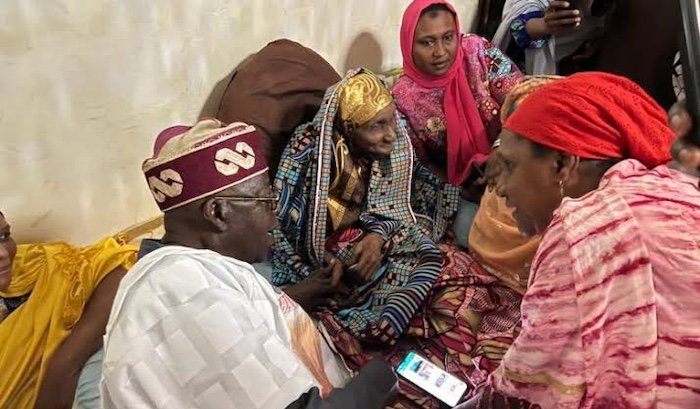
Two Types of Female Power
Side by side, Hajia Dada and Sheikha Fatima highlight two different yet strong examples of women in leadership roles. Hajia Dada shows quiet private strength rooted in tradition and cultural knowledge shaping lives from a place of careful discretion. In contrast, Sheikha Fatima stands out as a symbol of public leadership recognized as a key part of building a modern nation.
Their inspiring journeys remind us that women’s power is not one-size-fits-all. Sometimes, it stays hidden but still holds significant influence. Other times, it is bold and admired. This power can appear as quiet moral guidance or as assertive decision-making in governance. Both ways contribute to shaping history and driving progress each in its own essential and irreplaceable way.
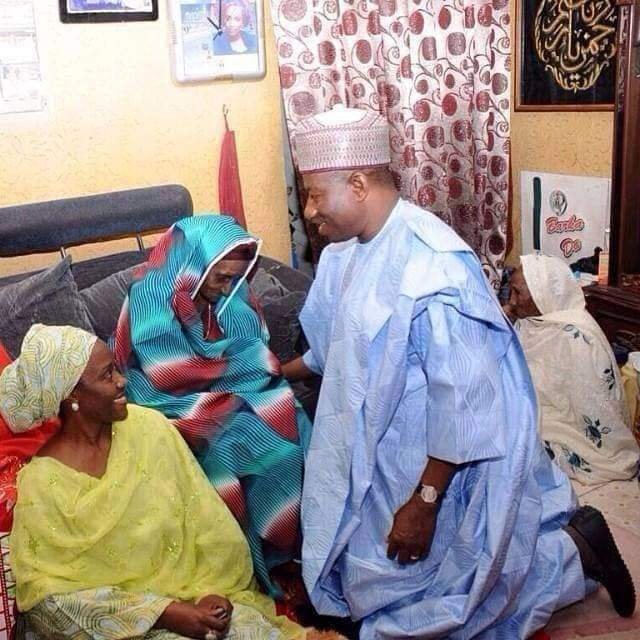
Reflecting Culture
The differences between these two extraordinary women highlight the societies they belong to and shape. In northern Nigeria, families with long-standing traditions have often held power managing political actions while honoring cultural norms. Hajia Dada’s role showed these traditions . She was the classic matriarch offering valuable advice and shaping key decisions in top leadership. She did all this with calm dignity while staying true to her culture.
In the United Arab Emirates, a young and ambitious country shaping its place in the world, Sheikha Fatima played a role that stood out in many ways. The nation gave her influence more structure and importance using her as a strong symbol of its modern and forward-thinking goals. She became a key part of the UAE’s story through well-planned projects and public appearances. Her actions and visibility showed the country’s dedication to blending its old values with its new goals of progress and social growth.
The Future of Matriarchal Power
The stories of Hajia Dada and Sheikha Fatima go beyond their time offering glimpses of what the future might hold. In the old courtyards of Katsina, Hajia Dada’s humble yet profound guidance shows that real leadership often grows in close-knit settings. It is present in the quiet words of advice passed through generations, in thoughtful help given during tough times, and in the steady sense of right and wrong that traditions uphold.
In the modern city of Abu Dhabi, Sheikha Fatima’s worldwide respect and built public image show how countries today can lift women into roles that symbolize progress. She has turned the influence within her family into an enduring legacy that crosses cultures and borders.
These extraordinary women paint a broad picture of female strength connecting different cultures. They range from the quiet but impactful matriarch who brings stability to chaotic political scenes with her wisdom and careful actions, to the renowned mother of a nation who represents modern ideas and growth to the world.
As more generations of women step forward and leave their impact in areas like politics, business, and community life, the lasting influence of Hajia Dada and Sheikha Fatima will stay strong and continue to motivate. Their lives prove that true power does not have to come with official positions or visible signs of control. It can show up in the calm advice given from a seat in a simple courtyard or in the bold words spoken on an international stage. Either way, it holds the extraordinary power to change history’s path.



